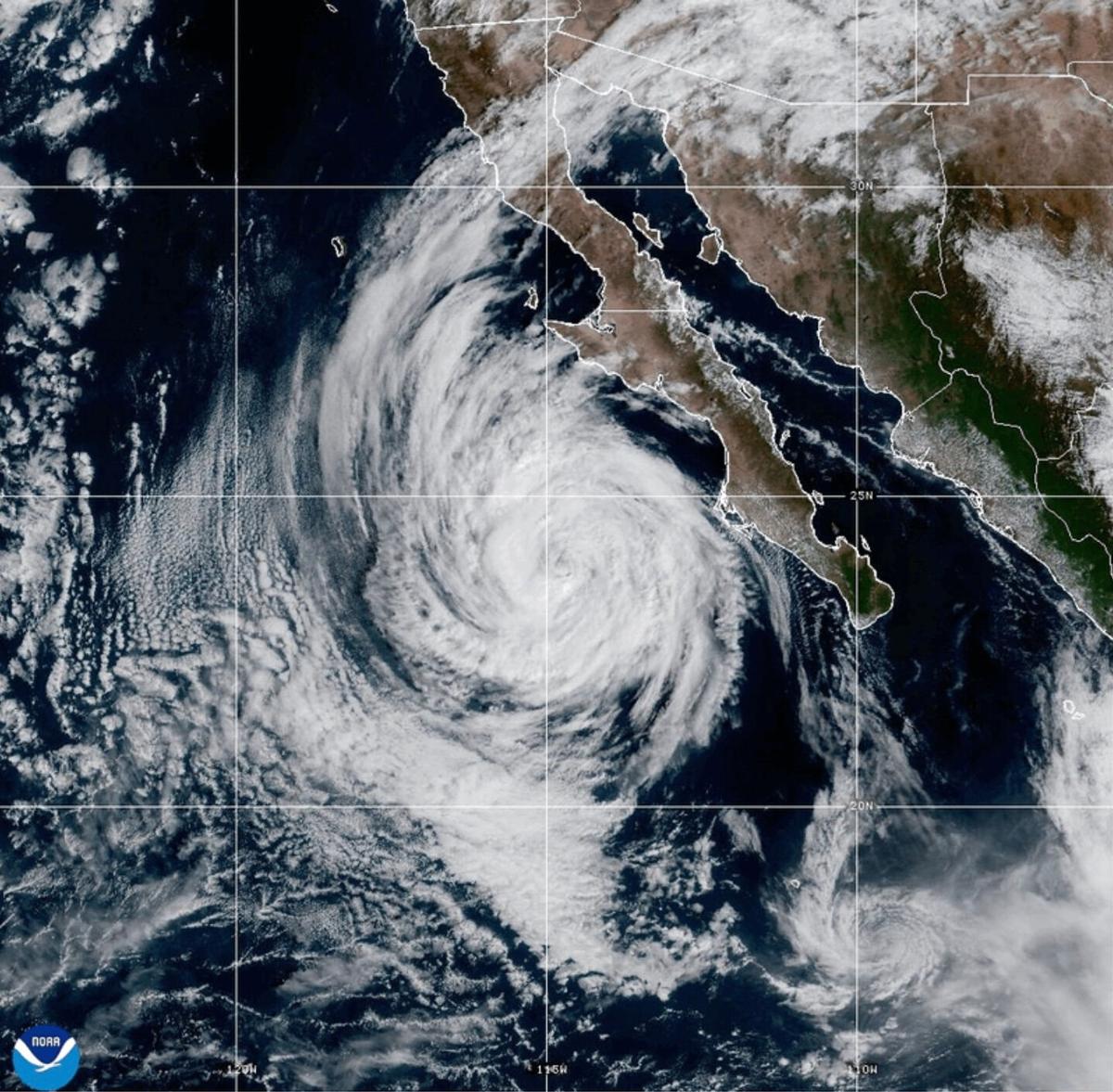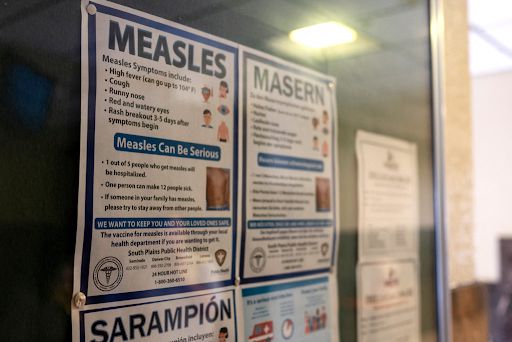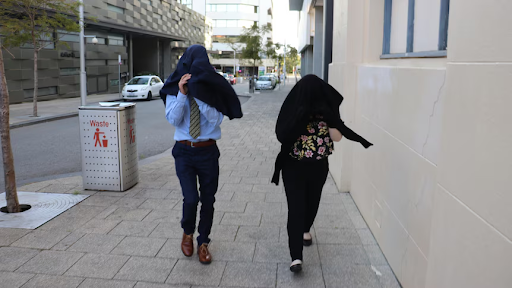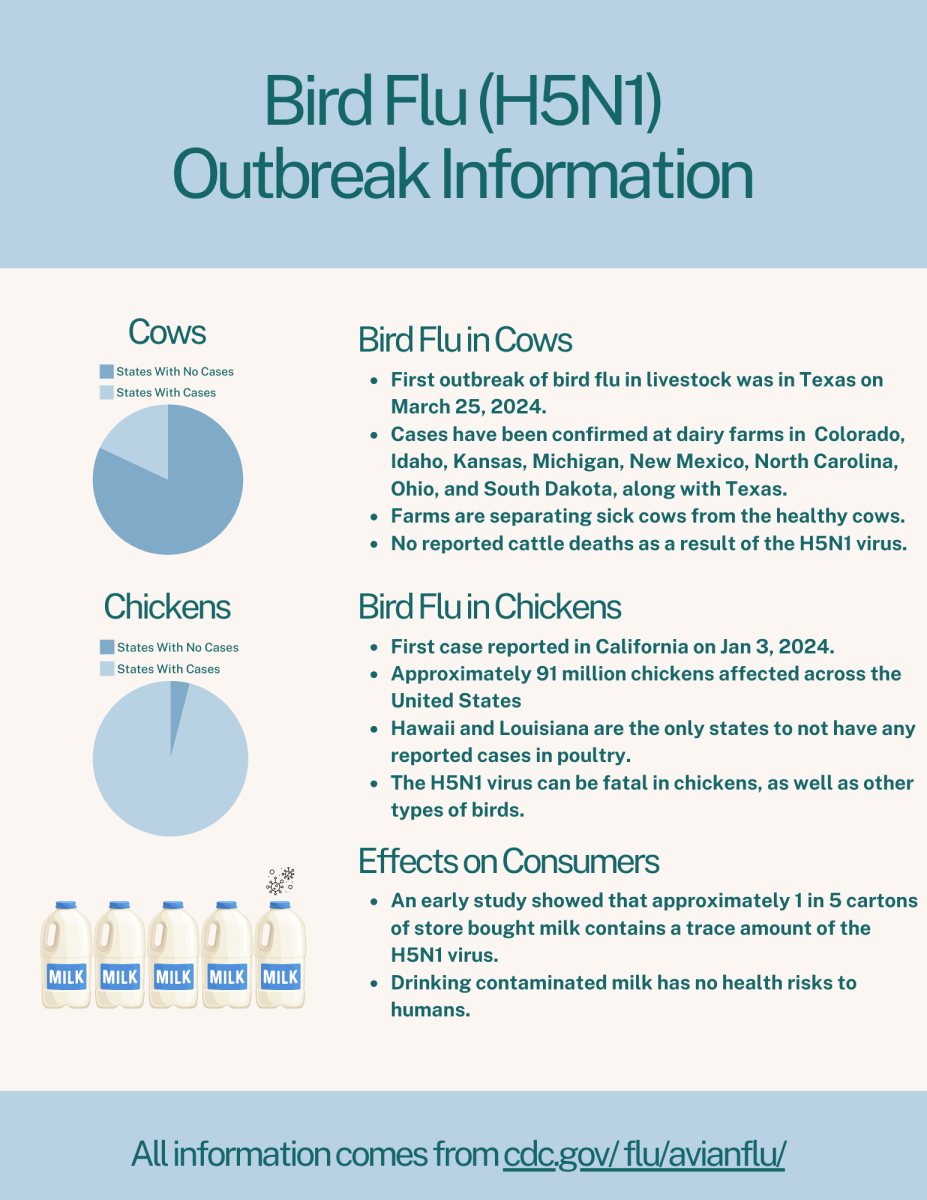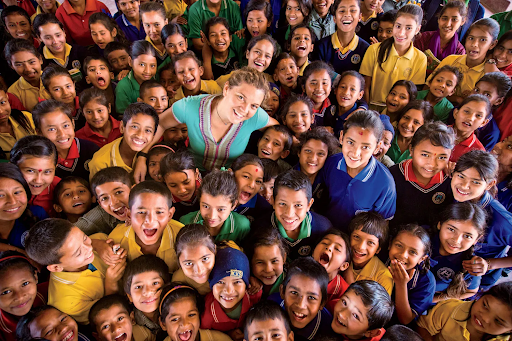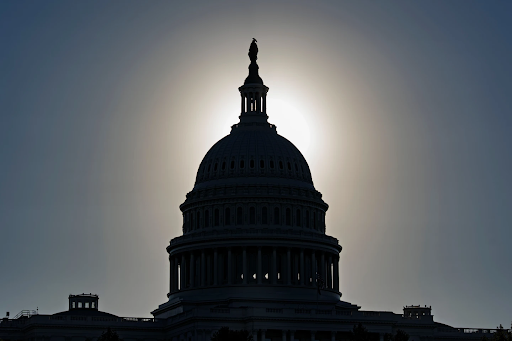Cameroon and the World Health Organization (WHO) have begun rolling out the first ever malaria vaccine to the public. This comes after many years of Cameroon, along with other sub-Saharan countries, have been ravaged by the malaria disease. The Centers for Disease Control and Prevention describes malaria as a mosquito-spread disease that is formed by a parasite in the mosquito. Malaria starts off minor, but can develop life-threatening symptoms if left untreated.
WHO reported that Cameroon received 331,200 doses of the RTS,S malaria vaccine in November of 2023. The vaccines became available to the public on Jan. 22, 2024. The vaccine is available in 42 different health districts across the country’s 10 regions. The vaccine was released to the public after a successful four-year pilot program that took place in Ghana, Kenya, and Malawi, where the malaria death rate dropped by 13 percent. The main goal is to vaccinate children in Cameroon before making the vaccine available to everybody. The WHO wants to focus the vaccine on children due to the fact that 77 percent of the 600,000 deaths caused by Malaria in 2022 were children five-years-old and younger.
The vaccine has the potential to save upwards of one in three children without any other precautions, says the BBC. Researchers found that the vaccine has a 36 percent chance of being fully effective against malaria, but if other precautions are taken, that number can rise up to a 90 percent success rate. Mosquito nets and malaria tablets are certain things that can help prevent the spread of malaria. The vaccine, which took 30 years to develop, was approved by the WHO as a tool against malaria, and not a way to fully prevent malaria.
While the vaccine is successful in preventing malaria, there are also some other benefits involved with getting vaccinated. NPR states that the vaccine was also found to help reduce the chance of death from other viruses as well. It helps lower the risk from dying from diseases like salmonella, and lowers the risk of severe sickness in children with chronic malnutrition or HIV.
More vaccines are to be delivered to Cameroon, as well as 19 other sub-Saharan countries. According to The Guardian, 19 other countries in sub-Saharan Africa have put in plans to have a vaccine rollout similar to the one in Cameroon. The next countries to receive the vaccines are Burkina Faso, Liberia, Niger and Sierra Leone. The WHO hopes all of the other 19 countries can start administering the vaccines by the end of 2025.
While the vaccine is only currently available in one country, the process is likely to have a much larger impact on the malaria survival rate across the world.








